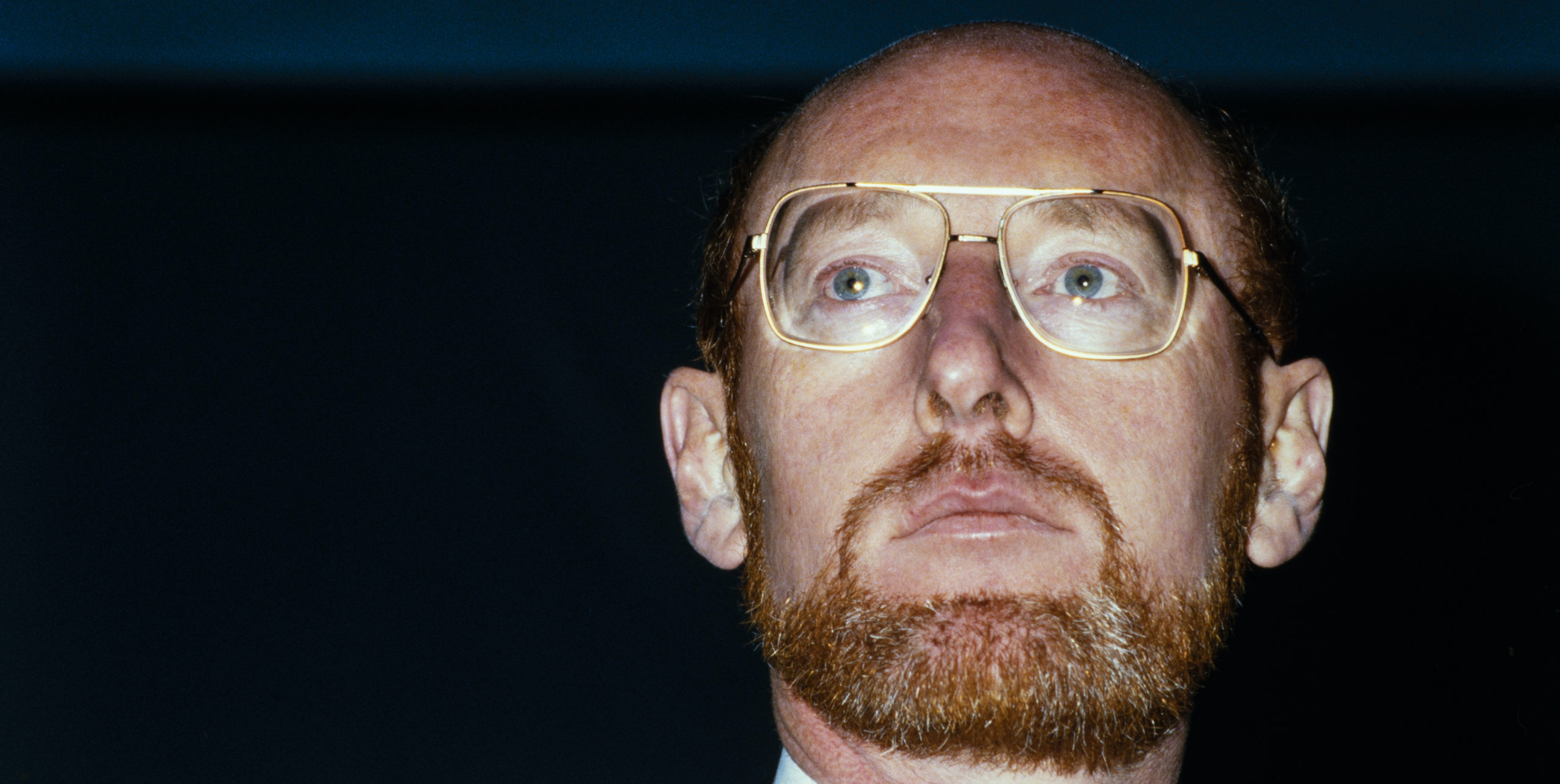One of the odd things about writing very recent history is that you spend so much of your time with people who were once immensely famous but are now almost completely forgotten. The home-computer pioneer Sir Clive Sinclair, who died yesterday, is such a person. During his early-1980s heyday, he was one of the most famous businessmen in the land, perhaps even the most famous.
Here’s just one example. In the spring of 1983, with a general election looming, the Observer interviewed Margaret Thatcher about her economic shock therapy, and asked her to name a single British success story. ‘The obvious and quick one is the Sinclair home computers,’ she said immediately. Then she recalled her trip to Japan a few months earlier:
Sadly, history doesn’t record what Mr Suzuki made of the rubber keyboard.
Perhaps it’s too easy to laugh at Sir Clive Sinclair. Everybody remembers the C5, his disastrous attempt to revolutionise transport overnight. But we forget the pocket calculator he launched in 1972, the first really cheap calculator of its kind. And there’s just no getting away from the popular success of his home computers: the ZX80, the ZX81 and above all, the Spectrum.
By the end of the 1980s the Spectrum had become easily the bestselling British computer in history, shifting an estimated two and a half million units in the United Kingdom alone. It might not have been very reliable, but almost uniquely for a computer, it was friendly. ‘When you took the Spectrum out of the packaging,’ remarks the writer Francis Spufford, ‘you knew it was supposed to be fun, not good for you.’
Like so many public figures of the Thatcher years, the slender, red-bearded Sinclair, burning with ambition and impatience, was a great character. Interviewers lapped up his presidency of Mensa, his love of Porsches, his habit of rising early to run seven miles before breakfast. And by 1984, Sinclair seemed the master of all he surveyed. ‘Today,’ declared the Observer, ‘a Sinclair computer drops off the end of the production line every four seconds.’ The Guardian crowned him the Young Businessman of the Year. The Government awarded him a knighthood.
That spring, invited to Washington to address an American congressional symposium, Sinclair predicted that in decades, ‘we will be able to assemble a machine as complex as the human brain’. Soon, ‘machines of silicon will arise first to rival and then surpass their human progenitors’. Computers would become teachers, even doctors. There would be ‘totally automatic personal vehicles’ and ‘truly personal telephones … wireless devices [that would] allow us to telephone and be telephoned wherever we choose’.
Mankind, Sinclair declared, was on the brink of an age of ‘art, music and science … as golden as that of Greece’. And afterwards? It was time to talk seriously about building a ‘vast, man-created world in space, home to thousands or millions of people’. And then ‘we may begin in earnest the search for worlds beyond our solar system and the colonisation of the galaxy’.
First, though, came his electric car. You probably know what happened next.











Join the discussion
Join like minded readers that support our journalism by becoming a paid subscriber
To join the discussion in the comments, become a paid subscriber.
Join like minded readers that support our journalism, read unlimited articles and enjoy other subscriber-only benefits.
Subscribe